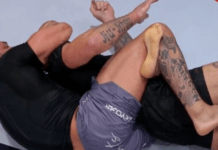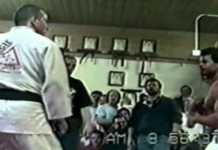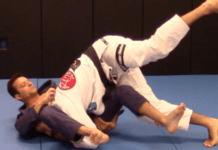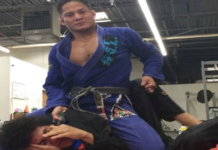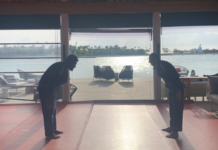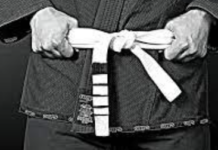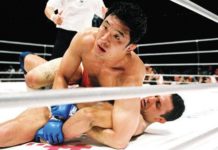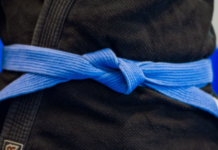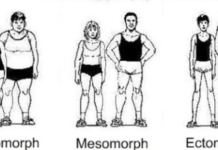Probably many times during your BJJ classes you have heard the words like you use too much strength, use technique instead of strength, etc. After such comments, one may conclude that strength is not important to be good in jiu-jitsu. However, it is not as simple as that. The relation between strength and BJJ is more complex. Below you will find an explanation of why this is so.
As stated above, the relationship between strength and BJJ is a bit complicated. It is therefore worth breaking down this one complex issue into several smaller ones.
Importance of strength in BJJ
As we explained above, it’s not that strength is irrelevant in BJJ at all. Just think of the top competitors. They are very strong and perform serious strength and conditioning workouts as an essential part of their overall training. Of course, they are all super-technical. But at the same time because of a combination of genetics, diet, and proper strength training, they are also ridiculously powerful and athletic. And if you have ever grappled with a physically powerful opponent, even one of the much lower skills, you will know that strength is important in BJJ. And when skill and experience levels are equal, the physically stronger athlete has a definite advantage.
These examples show clearly how strength is important to be good at jiu jitsu. In fact, it is not only about strength. Actually, every single attribute matters. Weight, height, strength, “explosiveness”, intelligence, emotional state, every one of them matters and can help you in a fight. However, if that’s so, why do we hear “you are using too much strength” so often during jiu-jitsu classes? It’s because a lot of times people don’t use strength and other their advantages effectively. The point is that when you begin your journey with BJJ, they tend to matter the most because you rely on them due to an absence of technique. Instead of supporting your strengths with something else, you focus only on them. And that’s why people keep repeating so as not to use strength and other similar attributes.
However, that doesn’t mean you should forget about them. You should remember and use your strengths such as strength or flexibility, but just do not rely on them. Instead, combine it with techniques, etc. Relying on your attributes will only get in the way of you getting better. It will stop your technique development and general improvement of your BJJ game. Whereas effectively used it will help you become better in jiu jitsu. It is because it will support your technique, instead of stopping it.
Strength and technique
So, we already understood that strength is also important. At the same time, however, the phrase “use technique instead of strength” still makes sense. It is because techniques of jiu jitsu are based on leverage, not on brute force. If done properly they can overcome strength. And that’s why you should always look first for technical solutions to the problem you are encountering in a fight. Of course, when using techniques you can help yourself with your strength or other attributes such as flexibility. Strength is not a bad thing in jiu jitsu. The only thing worth remembering here is that all your advantages must be used efficiently and not as a substitute for a technical solution to the problem.
Strength training for BJJ
So if strength is so important in becoming better in BJJ, how can you get functionally stronger? Simple drilling and sparring will increase your functional strength for jiu jitsu performance, but strength training is also important. There are many types of strength training but it is the training with kettlebells that works great here. It is very beneficial for both, BJJ and as well as functional strength in general.
The list of advantages is really long. First, kettlebells are amazing for grip strength. It is because of the various movements while holding the kettlebell, your grip is taxed to the max and gets zero rest. Moreover, the kettlebell high pulls and snatch strengthens the posterior chain. Which is the most influential muscle group in the body for athletic performance. Another benefit of kettlebells is they train whole-body movements.
In addition, one of the primary goals of kettlebell lifts is to perform them using only the precise amount of energy required by employing momentum to the lifter’s advantage during the positive phase. This is pretty much the exact same goal of BJJ where we strive to perform all of our techniques and movements using as little energy as possible while simultaneously generating momentum. This allows us to create power without becoming exhausted. This can only be done when the body moves naturally and the correct muscles are employed.
For kettlebell exercises check here:
In conclusion
Becoming good at BJJ is about more than just having great technique. The true martial artist is one who is trying to better their performance in every way possible, including becoming stronger. Reaching your bodies maximal potential for strength is one of your responsibilities if you’re wanting to be the best you can be at jiu jitsu.



